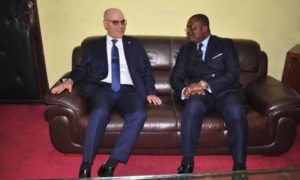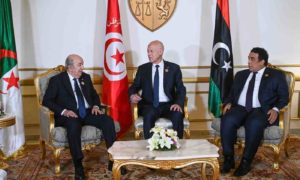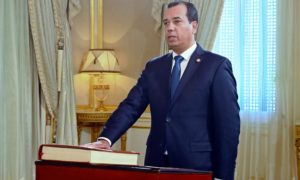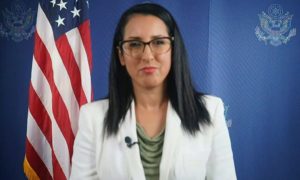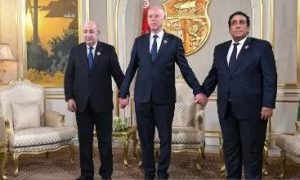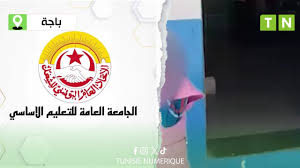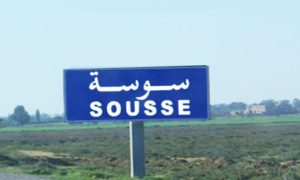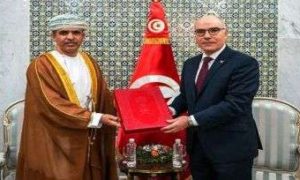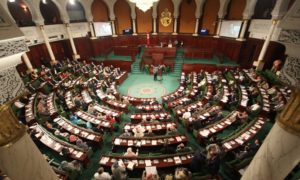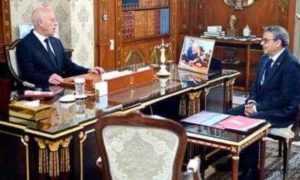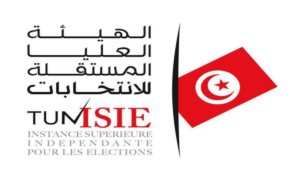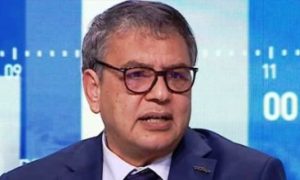In an exclusive interview with Tunisie Numérique, the senior analyst for the International Crisis Group Michaël Ayari addressed the report published by the institution on the general situation in Tunisia after the July 25 measures as well as the letters that were transmitted to the European Union in this regard.
Ayari said the group revealed that the EU should continue its bilateral partnership with Tunisia which includes the disbursement of 800 million euros. “The EU must likewise question itself with regard to the situation in Tunisia. We cannot say that there was beneficial cooperation and that Tunisia consolidated its democracy by reaching the path of development through the decline of inequalities and the respect of economic and social rights. As Tunisia’s leading trading partner and provider of direct budget support, the EU needs to comprehend that the projects it favoured could have been done differently. The EU must understand that it is not because the authoritarian regime of Ben Ali has fallen that the state has been altered,” he said.
Michaël Ayari expressed that in international cooperation, from the moment there are two peaceful alternations in power, losers who depart peacefully, political freedom that is commonly respected, institutional formalism, some counter-powers and a civil society that is not too dynamic but at least present, the democratic transition is finished.
According to him, Tunisia was at one time an exception in its area, however, the events of July 25 made a turning point which provoked some foreign parties to plead for the suspension of aid to Tunisia. According to the latter, the July 25 measures provide for a relapse, are not good management and risk setting a bad example.
“There are, according to foreign parties, governments that make more efforts and receive less aid than Tunisia, which could trigger internal jealousy. These same parties need to explain the aid granted to Tunisia to their States and their taxpayers but, at this stage, they no longer have any arguments. For this, there are some who call for decreasing cooperation with Tunisia, giving the bare minimum or stopping collaboration altogether. In this case, this decision could be the source of global economic sanctions, the first victim of which would be the population,” adds the same source.
Ayari, in the same vein, recollected that talking about economic sanctions is a negative message calling for a definition of the relationship between the State and politics. “As the payment of money, the EU could assist Tunisia otherwise either by exporting Tunisian products, integrating the country into the economic space or by interfering with the European Bank of investment but this could only be done with the return to the constitutional framework; A measure refused by 80% of the population who consider that political parties are camoras who safeguard their small clientelist interests and who attempt to divide the state.
In this case, positive incentives are required for a better future,” he said. Describing the referendum planned for July as ambiguous, the expert confirmed that in international practice it is not the Constitution that counts but rather the constitutional process. Note that Ayari took the same chance to let it be known that the situation in Tunisia could give rise to violence.
What's happening in Tunisia?
Subscribe to our Youtube channel for updates.



